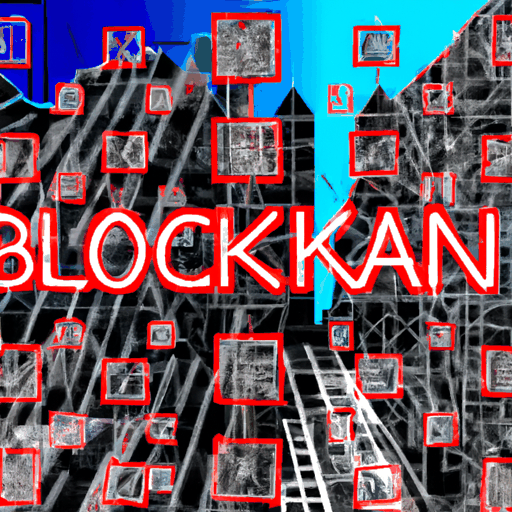
Understanding the Impact of Tokenized Stocks on Global Financial Markets
By: Eliza Bennet
The evolution of tokenized stocks is transforming how investors access and trade mainstream equity markets. Tokenization allows securities and funds to be digitized, providing a 24/7 trading platform that is not reliant on traditional banking hours or currency exchanges. This accessibility offers significant benefits, promoting the democratization of investments by allowing fractional ownership of stocks like Tesla through blockchain technology.
Unlike synthetic models from previous attempts, the current model for tokenized stocks involves actual shares held by regulated custodians, granting real ownership rights. This transition has catalyzed significant movements in the financial sector, with institutions like Nasdaq planning to enable tokenized securities trading in the near future.
Furthermore, the rise of tokenized U.S. Treasuries and cash equivalents underlines the vast potential of real-world asset tokenization as it echoes the stablecoin revolution by globalizing liquidity. With institutions like Alpaca developing Instant Tokenization Networks, there is a significant drive to enhance liquidity and trading efficiency in digital asset markets, eliminating traditional intermediaries like brokers.
The successful implementation of tokenized stocks crucially depends on clear regulatory guidelines, ensuring compliance in areas like custodianship and voting rights. This alignment will steer the scale and adoption of tokenized securities, heralding a new era in financial transactions that underscores the benefits of blockchain technology in creating an open, cross-border economy.



